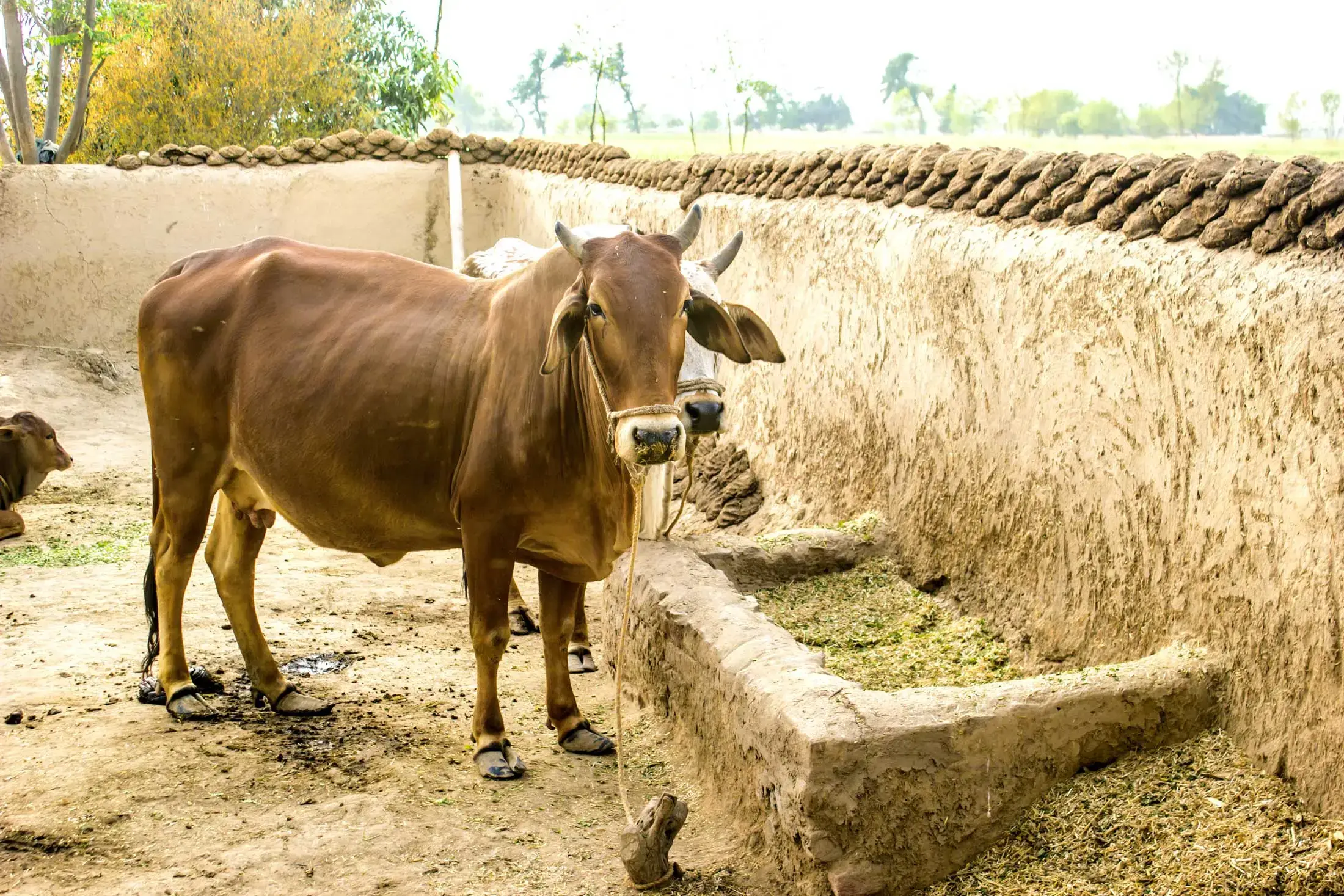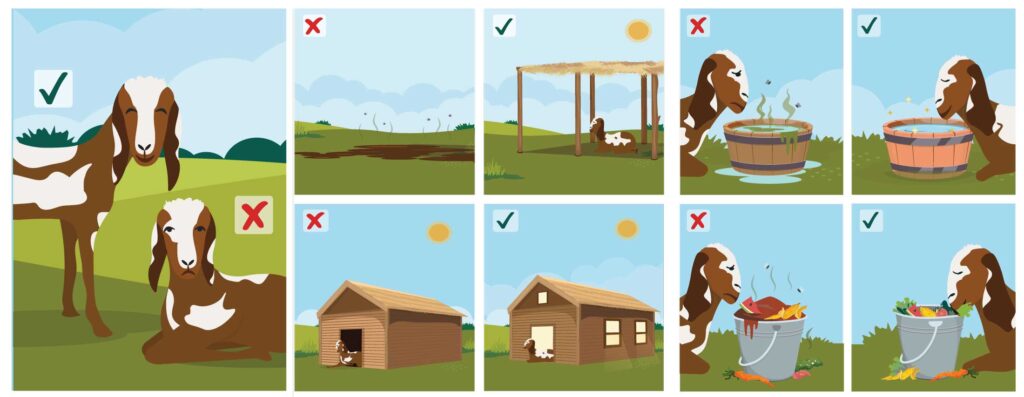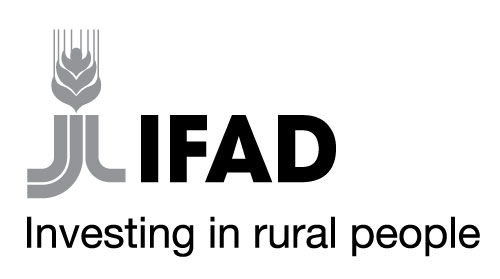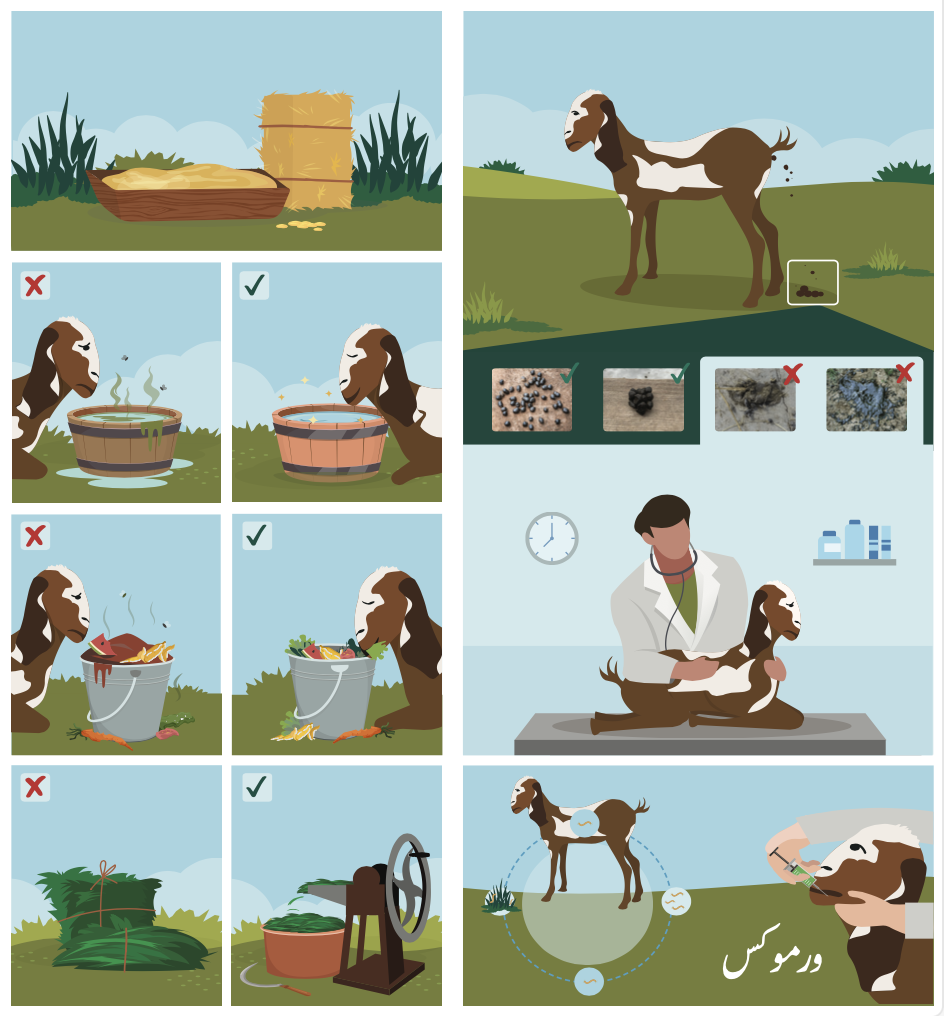Livestock Management Advisory for Females in Rural Punjab (LMAFRP)

21 June 2021
51,595
16 Districts of Punjab Province
97%
IFAD Rural Community Development Society (RCDS)
IFAD
Overview
The LMAFRP, delivered in partnership with the International Fund for Agricultural Development (IFAD), delivers digital advisory on livestock husbandry to 51,000 women farmers in four districts of Punjab Province, Pakistan.
Our livestock initiative in Pakistan was launched in 2021 as part of a larger set of interventions funded by IFAD, and delivered by PxD, to assist smallholder farmers in Pakistan, Kenya, and Nigeria as they navigated escalated livelihoods-related challenges associated with the COVID-19 pandemic.
An initial pilot, followed by expansion
After conducting a baseline survey to more systematically understand the informational needs of women farmers located in four districts in Punjab, PxD piloted digital advisory services among 3,160 rural women associated with the Rural Community Development Society (RCDS). Punjab is Pakistan’s “breadbasket” and home to approximately half of the country’s population. The four districts in which the pilot – and subsequently expanded service – is concentrated are the poorest districts of Punjab, all of which are located in the south of the province.
The pilot supported women livestock farmers with digital advisory information on topics related to livestock rearing and management. Users received actionable information on the importance of timely livestock vaccination, artificial insemination, disease identification, and hygiene best practices.
Given the success of the pilot, all women farmers who were enrolled in the pilot have been enrolled in an ongoing and expanded livestock advisory service now catering to over 51,000 farmers in 16 districts of Punjab, of whom 97% are women. Content is provided in two local languages, Punjabi and Saraiki.
PxD was also engaged by IFAD to develop a strategy to reach women associated with the Southern Punjab Poverty Alleviation Programme (SPPAP) implemented by IFAD in partnership with the government of Pakistan. This workstream confronted the challenge of enrolling women associated with SPPAP into digital advisory services despite a lack of phone number data for these beneficiaries. PxD developed a pamphlet promoting livestock best practices to be distributed in person by SPPAP field staff during SPPAP organized cattle markets where staff distribute new small ruminant packages to women livestock farmers. The pamphlets included a phone number farmers could call to opt-in to receive digital advisory messages focused on livestock.

Content design and subject matter
In collaboration with RCDS, PxD completed work to identify an expanded portfolio of issues impeding small rural livestock farmers from rearing healthy and productive livestock. The service now distributes information on vaccinations, disease identification and symptoms, curative and preventative methods for disease remedy, worms and deworming, hygiene practices, calf-rearing, and artificial insemination, among others. Livestock advisory content is delivered in the local languages of Punjab, namely Saraiki and Punjabi, and advisory messages are tailored in line with PxD’s commitment to human-centered design to maximize relevance, and promote comprehension and the practical utility of the information provided.
Examples of calls to farmers
Livestock hygiene advisory message in Punjabi
If feces from livestock defecation can cause several issues if are not cleaned immediately. Not only can they cause your animal to slip and injure itself but gases produced in the fecal matter, if inhaled, can also make your livestock sick and cause breathing problems. Hence it is very important to clean the fecal matter immediately after the animal defecates.
Livestock Hygiene advisory message in Saraiki
If feces from livestock defecation can cause several issues if are not cleaned immediately. Not only can they cause your animal to slip and injure itself but gases produced in the fecal matter, if inhaled, can also make your livestock sick and cause breathing problems. Hence it is very important to clean the fecal matter immediately after the animal defecates.


Make an Impact Today



